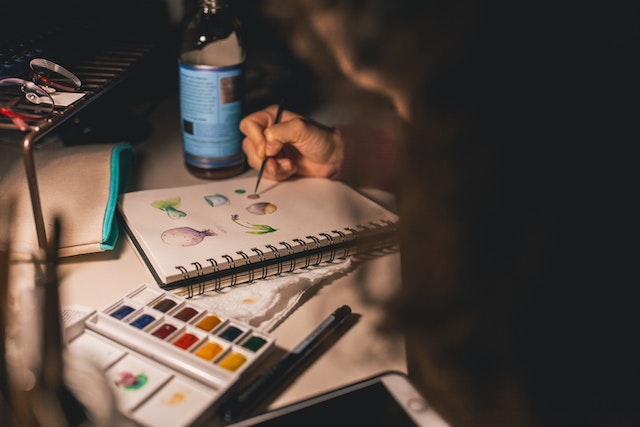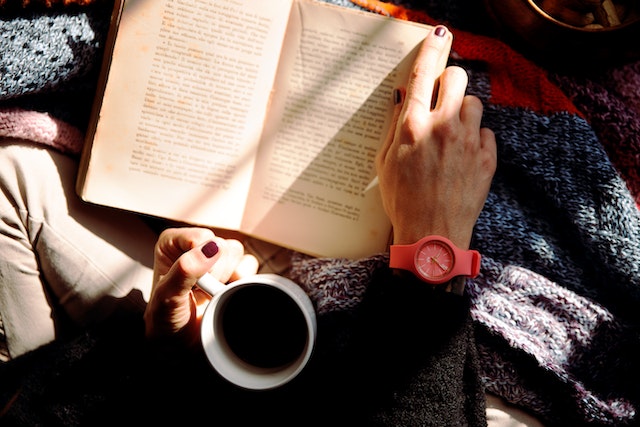
We had a ton when we were young. Of course, we had less obligations and less access to the internet, but it doesn't lessen how much we miss our hobbies. When we were younger, we used to read books as though failing to do so would result in our death. Several people around us believed that because of how often we sketched, we would eventually go art school. These interests helped us feel safe in our own skin, which is a sensation that has vanished as we've become older.
We also have other interests or pastimes. Some hobbies, like cooking, are more like things we have to do to accomplish something bigger. You can love cooking a lot and cook virtually every day. Yet, unless you dine at a dining hall, you have to prepare your own food in order to eat.
You could begin to yearn for your previous interests, however. You can be craving old memories or you might just not want to be an adult just yet. The sudden weight of having to provide for your own housing and food that comes with growing up may be frightening.













